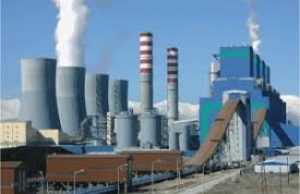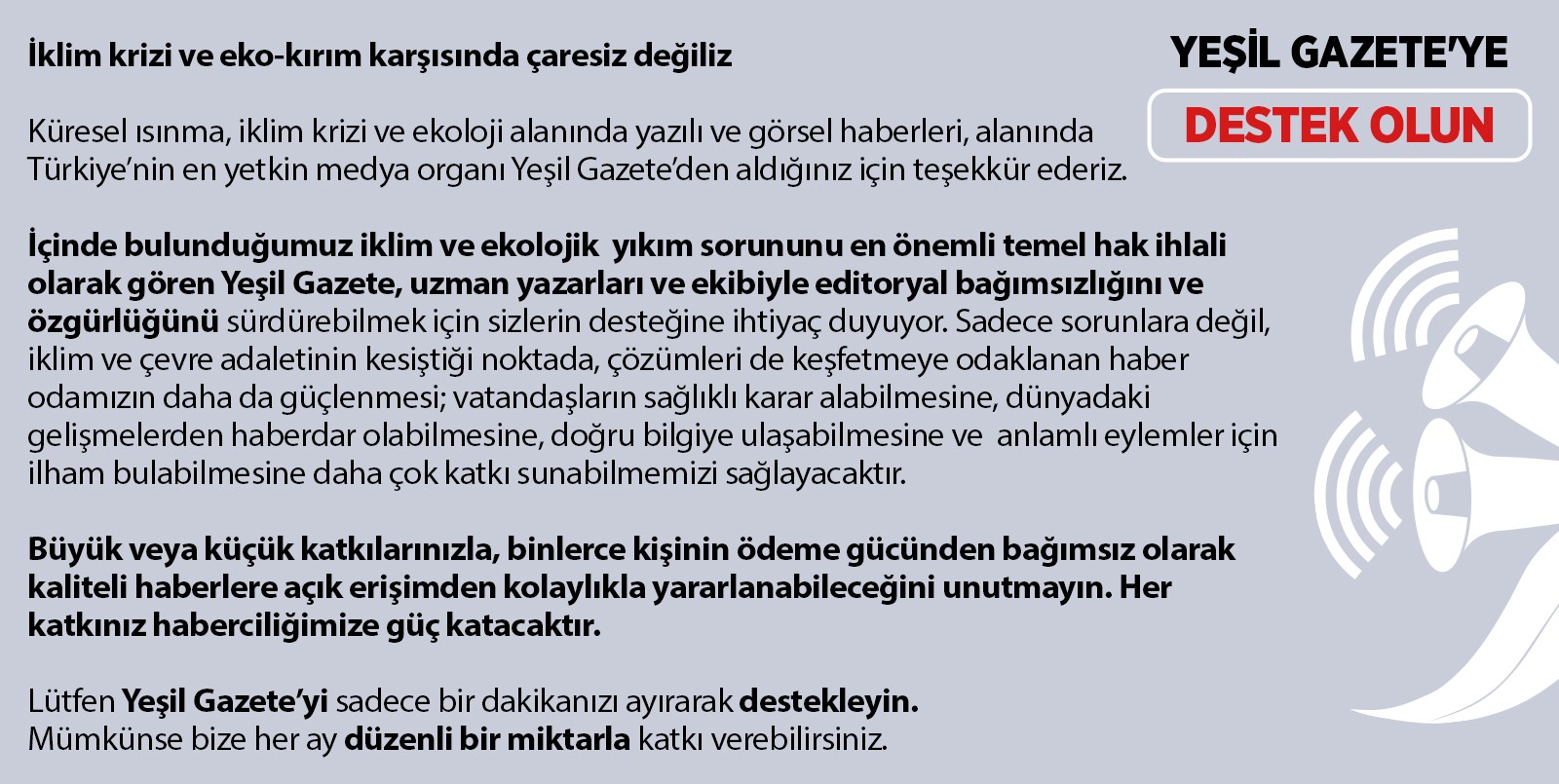Noteworthy news stories covered:
409 Women killed by Male Violence in Turkey in 2017: 409 women were killed and 332 cases of sexual assault were reported in 2017, according to the We Will Stop Femicide Platform. 387 incidents of abuse were recorded against minors. July, when there were protests against pressures on women’s dress was the month with least murders.
Imprisoned Civil Society Activist Kavala Writes to Suppporters: Osman Kavala, a prominent and much appreciated face in civil society circles and in remand since 1 November 2017 on charges of “Unconstitutional Action” and “Attempting to Dismantle the Republic of Turkey” had a press release through his lawyers. An English translation of his new year’s letter as well as much more about his person and his case can be found on the website calling for his release.
False News on Roof-Top Solar: A badly sourced and written news story broke out early in the first week of the year that connection restrictions due to transformer station capacity were lifted for rooftop solar of up to 3 kWh capacity. Green Gazette spoke with Ateş Uğurel of solar enterprise news site Solar Baba, Oral Kaya of the Troya Environment Association, and Alper Öktem of Kadıköy Solar Volunteers on how news not corroborated by the Energy Market Regulatory Agency was so readily accepted, and also discussed how small scale solar is still hindered in the country despite recent improvements in permits.
EIA Halt on New Coal Power Plant: The year started with the good news that the review committee found the Environmental Impact Assessment report for the 1200 MWh Anadolu Enerji Elbistan Coal Power Plant insufficient and halted the process giving a year’s time to complete insufficiencies.
Imprisoned Demirtaş Leaves Party Chair: Selahattin Demirtaş, co-chairperson of the Peoples’ Democratic Party in prison for over a year and being tried for 30 charges, wrote a letter this week ahead of his Party Congress to be held early next month, and declared that he will not be standing for the chair. Emphasising values of peace, justice, equality and freedom, he wrote the decision was aimed at strengthening the principle of engaging in politics for the good of the public instead of for personal gain, and vitalising the party going forward with new faces.
Opinion Pieces abridged:
Drought Is Not Our Destiny, Akgün İlhan, scholar and right to water campaigner, wrote for the Green Gazette this  week. She criticised the Minister of Forestry and Water Works Veysel Eroğlu‘s comments that Turkey’s worst drought in 44 years is being dealt with, there are no cities which have insufficient water, and portraying measures such as piping water to Istanbul from the Melen River, 200 km away, as solutions. İlhan suggested that the minister does not know the definition of what a drought is, and it is much more than simple access to water by urban populations, that there is a whole rural as well as natural life out there. Even if you double the number of dams, the amount of water you can hold is still limited by rainfall and, with the increase of drought, food prices will rise for the cities too.
week. She criticised the Minister of Forestry and Water Works Veysel Eroğlu‘s comments that Turkey’s worst drought in 44 years is being dealt with, there are no cities which have insufficient water, and portraying measures such as piping water to Istanbul from the Melen River, 200 km away, as solutions. İlhan suggested that the minister does not know the definition of what a drought is, and it is much more than simple access to water by urban populations, that there is a whole rural as well as natural life out there. Even if you double the number of dams, the amount of water you can hold is still limited by rainfall and, with the increase of drought, food prices will rise for the cities too.
According to Turkey’s 2017-2023 Drought Strategy and Action Plan, “It is impossible to prevent the occurrence of draughts in their natural cycle,” but you can mitigate the impact. This understanding needs to be questioned, as it lacks to recognise that climate change, causing draughts, is a man made phenomenon with multiple anthropogenic sources. Thus neither climate change, nor draught is destiny.
Among solutions cited in the said plan are approaching the issue at the level of a water basin and preparing integrated plans, taking structural and non-structural measures towards mitigating the impact of drought, and the use of water more conservatively as a measure towards the future. Where as the actions of the government include piping rivers full of water out of water basins, allowing building on flood zones (floods and droughts are a cycle we face with climate change) and channeling rivers into concrete canals, and completely ignoring grey water recycling.
Yet, as the number of years between droughts decrease from 20 years to only 4 in less then a century and as the population also rises, as Turkey turns into an agricultural importer rather than an exporter, we emphasise cash crops such as sugar cane, corn and cotton and decrease ground water reserves. 2 million hectares of wetlands dried up in the last 60 years, an area the size of Slovenia or Israel. Meanwhile, the government keeps approving new coal power plant plans, with their high demand on cooling water as well as their greenhouse gas emissions.
Turkey’s development goals cancel each other out, yet drought is not our destiny. She asked: Are we going to go down the route causing global warming and aggravating its impacts, or faced with drought once again, are we going to make an effort to eliminate the causes behind it?.
—
Is the Environmental Movement Repeating its Early Days?, asked Koray D. Urbarlı of the Greens and a local  government expert. We are living through a period of severe apathy towards politics, one which was exacerbated in the increasingly undemocratic environment between the June 2015 elections and constitutional referendum of 2017, but which can even be started with the crashing of the Gezi protests. The lack of hope for political change reminds many of the post-1980 coup atmosphere. He asks, can the solution lie in a similar route?
government expert. We are living through a period of severe apathy towards politics, one which was exacerbated in the increasingly undemocratic environment between the June 2015 elections and constitutional referendum of 2017, but which can even be started with the crashing of the Gezi protests. The lack of hope for political change reminds many of the post-1980 coup atmosphere. He asks, can the solution lie in a similar route?
Urbarlı’s article took us through the process after the 1980 coup d’état, whereby the environmental movement became a mass-movement and the first Green Party in Turkey was founded in 1988. It became a major avenue to voice descent. The state of emergency we live under bares similarity, and when we look around, so do the number and scope of active environmental struggles all across Turkey, from Imbros to Tokat, Bolu to Mersin, and Eskişehir to Muğla and Artvin.
The question we then need to ask is, is it going to be up to the environmental movement to shed off the apathy that has overcome society? It is not easy to say this is possible; despite the role of social media, these protest movements are disconnected from one another and uncoordinated, with everyone defending their region but not interested in other regions that much says Urbarlı.
He points out that the greatest difference between the 80’s and now lies in that the struggle now is being waged in face of a giant economy of rent and extraction that is destroying the cities and the country alike. Yet we need not lose hope, he says, as those who campaign despite the state of emergency are waging a struggle for the environment, and if the dark shroud of this state of emergency is to be torn, we will see a green tone rise.
Yeşil Gazete
Translated and truncated by Alidost Numan.





